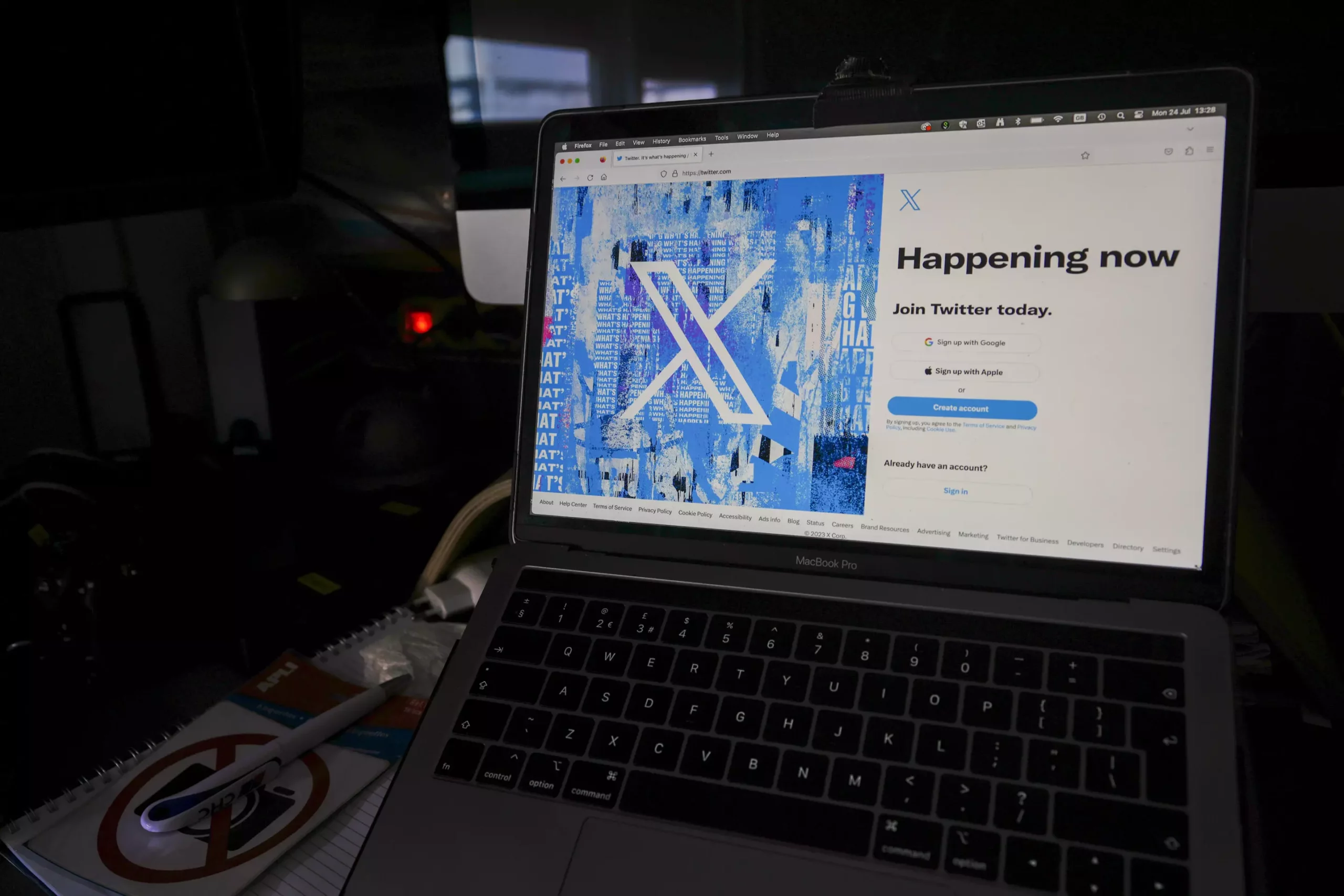The ongoing saga between Elon Musk’s social media platform, X (formerly Twitter), and the Brazilian judiciary reflects broader concerns about freedom of speech, corporate accountability, and the reach of technology in the regulatory environment of different countries. Brazilian Supreme Court Justice Alexandre de Moraes has recently stipulated new conditions for X to resume its operations within Brazil, highlighting the contentious interplay between technology and governance. This situation escalated significantly after X reportedly complied with previous judicial directives, yet the reinstatement process remains convoluted, indicative of the tensions between Musk’s enterprise and the local legal framework.
Justice de Moraes’s recent ruling adds a layer of complexity to the reinstatement saga, as he has mandated that X may only be operational again in Brazil after Starlink—another company associated with Musk—withdraws its appeals connected to the ongoing legal tussle. This decision arises from a backdrop of accusations against X that include the propagation of misinformation and connections to far-right ideologies. X has been prohibited from operating in Brazil for close to a month, following de Moraes’s earlier orders that stemmed from a heated discourse with Musk about the platform’s role in hosting controversial accounts and narratives.
The Supreme Court’s insistence on entwining Starlink’s legal outcomes with X’s operational status raises questions about corporate affiliations and accountability. Legal professionals have openly critiqued this logic, suggesting that the overlap between these companies is not as straightforward as the Supreme Court posits. Furthermore, de Moraes levied a significant financial penalty of 10 million Brazilian reais (roughly $1.84 million) against X, illustrating the seriousness with which Brazilian authorities are treating this issue.
Adding yet another layer to this legal quagmire, experts in internet protocol have indicated that X had inadvertently allowed Brazilian users back into the platform via servers from Cloudflare, a content delivery network. This technical misstep not only reflects the intricacies of digital communication but also underscores the challenges these companies face in navigating international operations within varying regulations.
Despite the chaos, X’s representatives have been proactive, declaring their compliance with de Moraes’s stipulations. They have introduced a new legal representative in Brazil, albeit facing an immediate fine due to previous non-compliance with past judicial orders. This swift change in representation—a direct response to de Moraes’s ultimatum—highlights both the stakes involved for X in the Brazilian market and the palpable tension between the tech giant and the judicial authorities.
The clash between X and the Brazilian judiciary is emblematic of a greater dialogue about censorship, corporate influence, and the role of social media in global democracies. Musk and his advocates have labeled de Moraes as authoritarian, arguing that his decisions undermine essential freedoms that platforms like X should support. This narrative of censorship resonates particularly in Brazil, where digital engagement is exceptionally high, and social media serves as a critical space for public discourse among its population of 213 million people.
Furthermore, this confrontation raises important questions about the responsibilities tech companies have toward the countries in which they operate. While X asserts its commitment to upholding freedom of speech within legal frameworks, the company must navigate a landscape of increasingly stringent regulations, particularly in jurisdictions like Brazil, which operate under more restrictive speech laws than in the United States.
As X continues to navigate these legal hurdles, the outcome will not only impact its operations in Brazil but may also set significant precedents for how tech firms interact with regulatory bodies around the world. With a platform boasting over 20 million users in Brazil, the stakes are high. X’s statement on its commitment to free speech must now be matched with concrete actions that respect the sovereignty of Brazilian law. In an era where technology and governance are deeply intertwined, it remains to be seen how these tensions will resolve, and what this means for the future of digital communication in increasingly diverse regulatory environments.


Leave a Reply